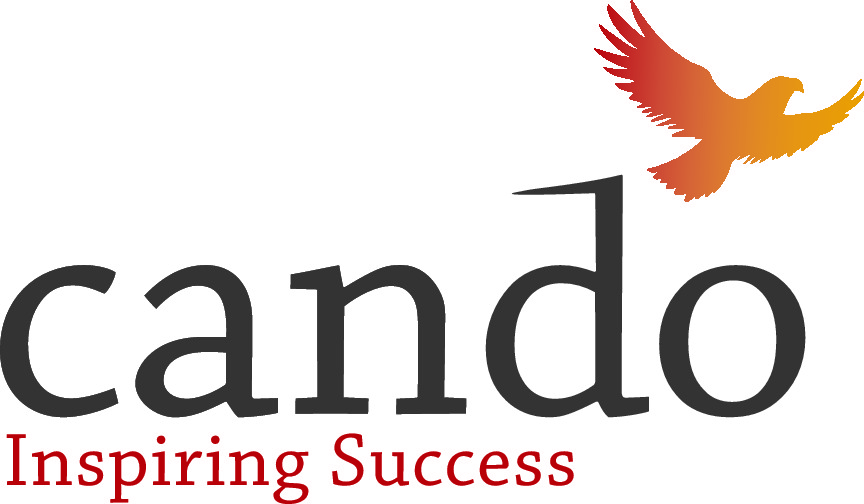Book Review: Braiding sweetgrass: Indigenous wisdom, scientific knowledge and the teachings of plants and The serviceberry: Abundance and reciprocity in the natural world
DOI:
https://doi.org/10.29173/jaed514Keywords:
Aboriginal economic development, Indigenous peoples, Traditional Knowledge, Reciprocity, abundanceAbstract
Kimmerer’s books embed two-eyed seeing by incorporating lessons from Western science and Indigenous knowledge. In both books, Kimmerer explores the reciprocal relationship between humans and the natural world to reflect on modern economic life and an ethical way of being. She weaves together her personal experiences, knowledge of plants as a botanist, and traditional teachings as a Citizen of the Potawatomi Nation to advocate for a more sustainable and respectful relationship with the environment in a way that may also transform the economy. Kimmerer uses storytelling and personal reflection to bridge knowledge systems and generate her arguments. The economic themes are most prevalent in the latter half of Braiding Sweetgrass and at the heart of Serviceberry. She argues that the modern operation of the economy is built on a principle of scarcity rather than reciprocity. Reciprocity, which she observes everywhere in thriving ecosystems, along with focusing locally, she argues, may be key to making choices for a more sustainable economic future.
Downloads
Downloads
Published
Issue
Section
License
Copyright (c) 2025 Dara Kelly-Roy, Donn Feir, Chloe Price

This work is licensed under a Creative Commons Attribution-NonCommercial-NoDerivatives 4.0 International License.




